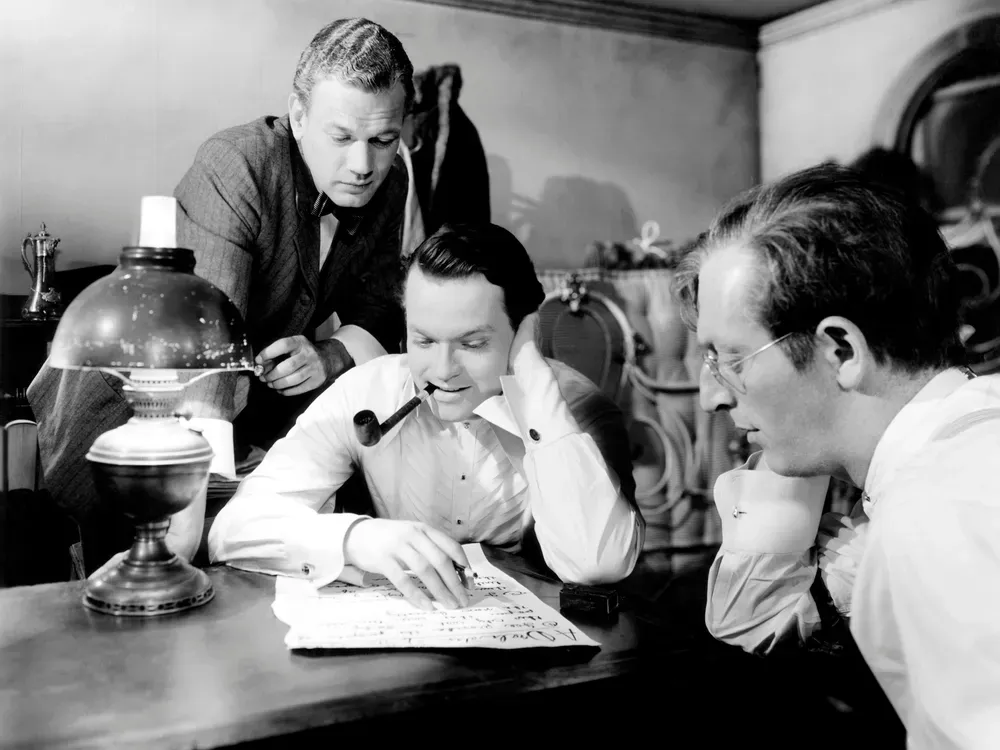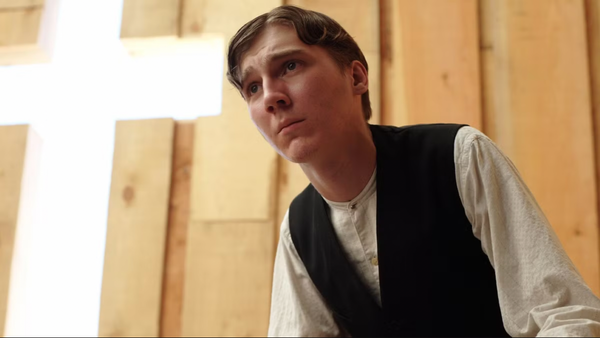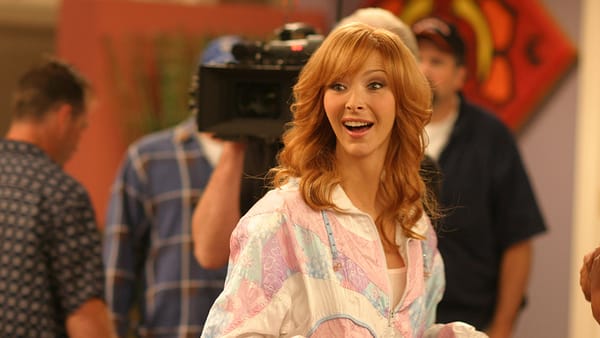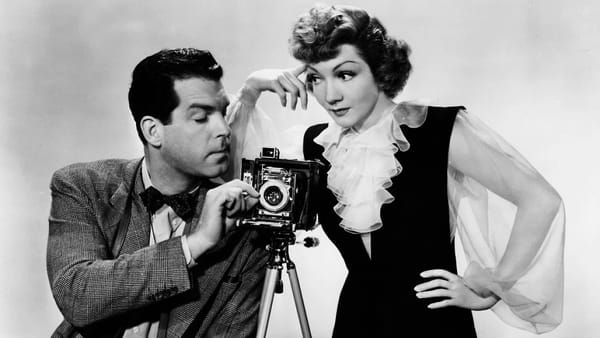Psycho. #44
Canon blast.


The Sight & Sound poll of 2022 fascinates me. There's a seemingly drastic change of 'canon' & also the massively expanded voters list. Does it actually represent a significant paradigm shift in film writing & criticism within the 2010s?
Yeah, I think so. It’s a good thing there’s still a fair bit of time before the next poll, because we need a bit more time to wrestle with the implications of the 2022 poll, and the way it rewrote the canon — or perhaps it would be fairer to say, exploded the concept of a film canon.
The headline-making change, the real whopper, of course, was Jeanne Dielman sailing right to the head of the list, and kicking the usual suspects — not The Usual Suspects, which is nowhere to be seen on the list?? — into the long grass. Hitchcock, Welles and Ozu had to step down off the podium, and make way for Akerman: a huge shift, not just because Akerman is a woman and her film is specifically centred on themes of womanhood, but also because Jeanne Dielman is deeply experimental and arthouse, in a way that Welles and Hitchcock, for all their innovations, are not. Vertigo and Citizen Kane are formally astonishing films, which have been studied for decades; they both tell of obsession, and use a number of filmic techniques to work at that idea — Vertigo with its woozy dream sequences, Kane with a commanding, literary quality. But both films speak roughly the same language; they belong to the same tradition. Though you could perceive some ‘difficulties’ in apprehending both of them, the language that they speak is still inherited by and large from classic movie filmmaking and still spoken today in mainstream cinema: close-ups, flashbacks, score, psychology, yadda yadda yadda.
Jeanne Dielman represents, in my view, a really stark break with all that. While I could say that Vertigo and Citizen Kane are for everybody and could be enjoyed by pretty much anyone, I really don’t think that is the case for Jeanne Dielman. It is a consciously niche film; it makes an attack on film conventions, and crucially it is a really hard, demanding watch. I think it is undoubtedly a masterpiece, and when I watched it again on the big screen recently ahead of its re-release in cinemas, I was utterly thrilled by its resourcefulness and rigour, its consummate intelligence; by how perfectly complete it is and yet how it still seems to hold something back. Jeanne Dielman uses time, seems to stretch the very concept of time, in order to create a kind of hypnotic structure in which the film’s events, all of its incredibly subtle character notes and its nifty sociopolitical investigation, can take place. All of this is perfectly wonderful, but unlike Vertigo I wouldn’t recommend Jeanne Dielman to just anybody. The film is extraordinarily slow, it is often fucking boring, and it works in such a painstaking, methodical way that I think it would repel a mainstream viewership. None of this should count against the film, but it does significantly rewire the way we are habituated to think about ‘best’ films, about the very nature of film-going and cinephilia. Who is film for? What should it do? What proportions of art and entertainment do we seek in film?



